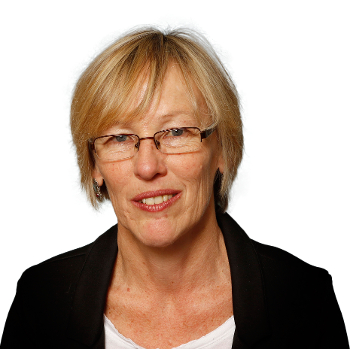
Prof Pumla Gobodo-Madikizela
|
Two professors at the University of the Free State (UFS) have just been chosen as recipients of research chairs by the National Research Foundation’s South African Research Chair Initiative.
The research chairs are a massive financial injection for research in each of the relevant disciplines – that of Profs Pumla Gobodo-Madikizela from the Centre for Trauma, Forgiveness, and Reconciliation Studies at the UFS, and Felicity Burt from the Department of Medical Microbiology in the Faculty of Health Sciences.
Profs Gobodo-Madikizela and Burt are two of 42 female researchers in the country receiving research chairs as an initiative to give due recognition to women in research.
Profs Hendrik Swart, from our Departement of Physics and Melany Walker, Director, Centre for Research on Higher Education and Development, each also holds research chairs by the NRF. A third research chair has also been granted to the UFS Department of Plant Sciences for the research in field crops.

Prof Felicity Burt |
The work of Prof Burt’s research chair is to investigate medically significant vector-borne and zoonotic viruses currently circulating; to define associations between these viruses and specific disease manifestations that have previously not been described in our region, to increase awareness of these pathogens; to further our understanding of host immune responses, which should facilitate development of novel treatments or vaccines and drug discovery.
Prof Gobodo-Madikizela, who has received international recognition for her work on forgiveness studies, will use this research chair to investigate historical trauma within two African contexts – those of South Africa and Rwanda. She hopes to gain insight into the role that memory plays in the formation of the experience of trauma, and to bring about healing of the trauma.
Prof Corli Witthuhn, Vice-Rector: Research at the UFS, expressed her pride on the announcement.
“We are extremely proud of the national recognition these two outstanding women researchers received. The UFS strives for research excellence, and the five current NRF research chairs, as well as two NRF A-graded researchers who are at the forefront of their disciplines globally, indicates our continued commitment to innovating, relevant, and high-impact research. We are excited about the progress of the past two years to position the UFS as a national leader in research.”